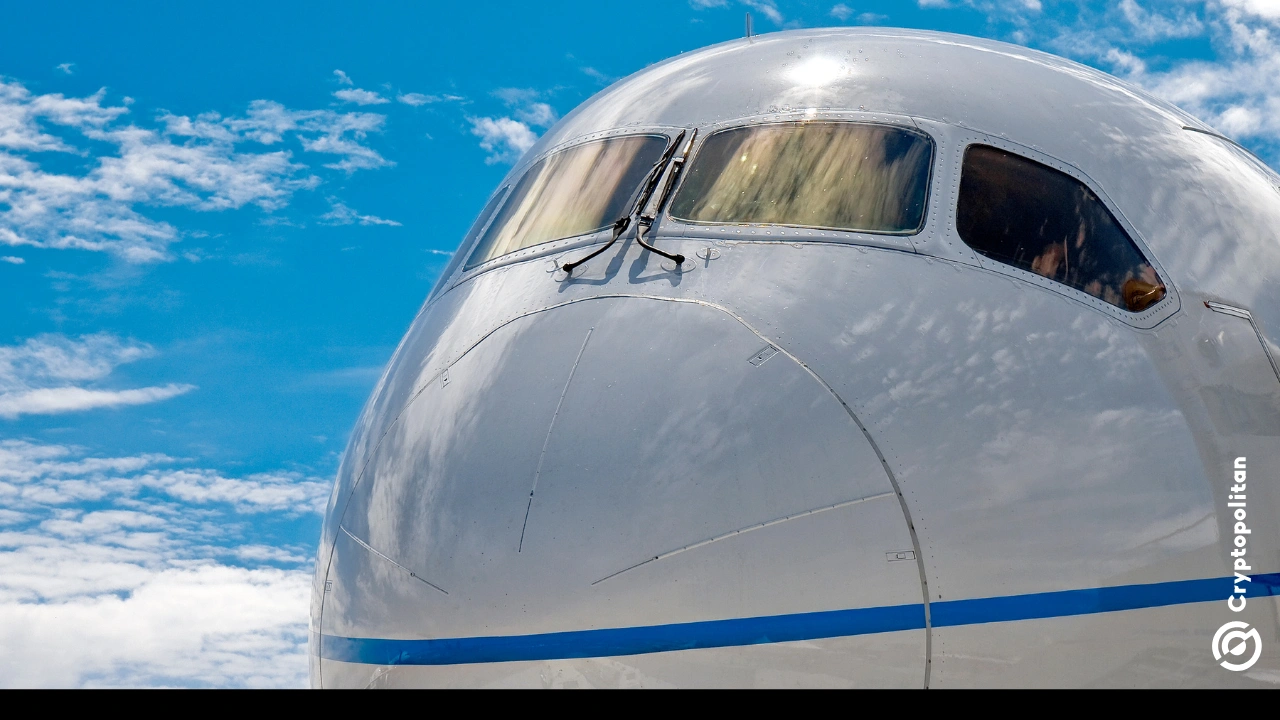China has instructed its airlines to suspend all new Boeing aircraft orders and deliveries. The directive, which also includes halting purchases of aircraft parts and equipment from American manufacturers, is part of Beijing’s retaliation against US tariffs imposed by President Donald Trump.
According to a Tuesday Bloomberg exclusive, Boeing Co. is now in the crosshairs of the economic tug-of-war between China and the West. Approximately 10 Boeing 737 Max aircraft, including jets for China Southern Airlines, Air China, and Xiamen Airlines, are currently seeking to enter Chinese airline fleets. The halt could not have come at a worse time for the US plane maker.
Some of these planes are already stationed at Boeing’s production facility in Seattle, while others are at a completion center in Zhoushan, eastern China.
Aircraft deliveries likely to stall
Bloomberg, citing sources familiar with the matter, said delivery documentation and payments may have been finalized for several of these jets before China announced its 125% tariffs on US imports.
The documents could have allowed them to enter the country under special exemptions, but they are now expected to be handled on a case-by-case basis. For instance, Juneyao Airlines has delayed the delivery of a Boeing 787-9 Dreamliner, which was scheduled to arrive within weeks.
Officials in Beijing are also looking into supporting Chinese airlines leasing Boeing aircraft. Many of these airlines are grappling with inflated operational costs due to the tariff hike.
Uncertainties over US-China trade indifferences have made the latter country’s position on Boeing, once one of its most lucrative markets, jittery. In 2018, nearly 25% of Boeing’s global output was delivered to China, which reportedly accounts for 20% of global aircraft demand over the next two decades.
Yet, in 2019, China became the first country to ground the Boeing 737 Max after two deadly crashes. Since then, trade disputes between the Biden and Trump administrations have complicated commercial relations, steering Chinese airline orders increasingly toward Boeing’s European rival, Airbus.
Boeing’s reputation was also strained by a quality control issue in January 2024, when a door plug on a 737 Max blew out mid-flight. That incident added to the firm’s production and delivery woes and caused delays across the board.
The current impasse over tariffs adds insult to Boeing’s operational injuries. It threatens to stall its recovery efforts and burden its supply chains, which were already strained from the 2019 global pandemic.
Sources say the company still holds a sizable inventory of completed jets originally intended for Chinese customers. The likelihood of offloading these planes appears to count for naught.
China has one advantage over America: rare earth minerals
China could use its rare earth minerals sources to hurt President Trump and the US economy.
According to the New York Post, up until 2023, China accounted for 99% of the global supply of heavy rare earth elements used in technologies like electric vehicles, wind turbines, and military hardware.
“Does the export control or ban potentially have severe effects in the US? Yes,” reckoned Buchanan Ingersoll & Rooney law advocate Daniel Pickard.
A refinery in Vietnam began diversifying global supply last year, but it has been shuttered for over 12 months due to tax disputes. No other production hubs in operation means only one thing: China holds a de facto monopoly on these materials.
“Drones and robotics are widely considered the future of warfare, and based on everything we are seeing, the critical inputs for our future supply chain are shut down,” said James Litinsky, the executive chairman and chief executive of US-based company MP Materials.
Approximately 90% of the world’s 200,000 tons of rare earth magnets, used in electric vehicles and missile guidance systems, are also produced in China. The remainder is manufactured in Japan and Germany, both of which also depend on Chinese raw materials.
Rare earth minerals are mined and refined in the red clay hills surrounding Longnan and Ganzhou in Jiangxi Province.
Ganzhou is also home to JL Mag Rare-Earth Company, the country’s most prominent producer of rare earth magnets. The factory supplies cutting-edge magnets to Tesla and China’s BYD, which are reported to be 15 times stronger per cubic inch than standard iron-based magnets.
Cryptopolitan Academy: Coming Soon – A New Way to Earn Passive Income with DeFi in 2025. Learn More
This articles is written by : Nermeen Nabil Khear Abdelmalak
All rights reserved to : USAGOLDMIES . www.usagoldmines.com
You can Enjoy surfing our website categories and read more content in many fields you may like .
Why USAGoldMines ?
USAGoldMines is a comprehensive website offering the latest in financial, crypto, and technical news. With specialized sections for each category, it provides readers with up-to-date market insights, investment trends, and technological advancements, making it a valuable resource for investors and enthusiasts in the fast-paced financial world.
